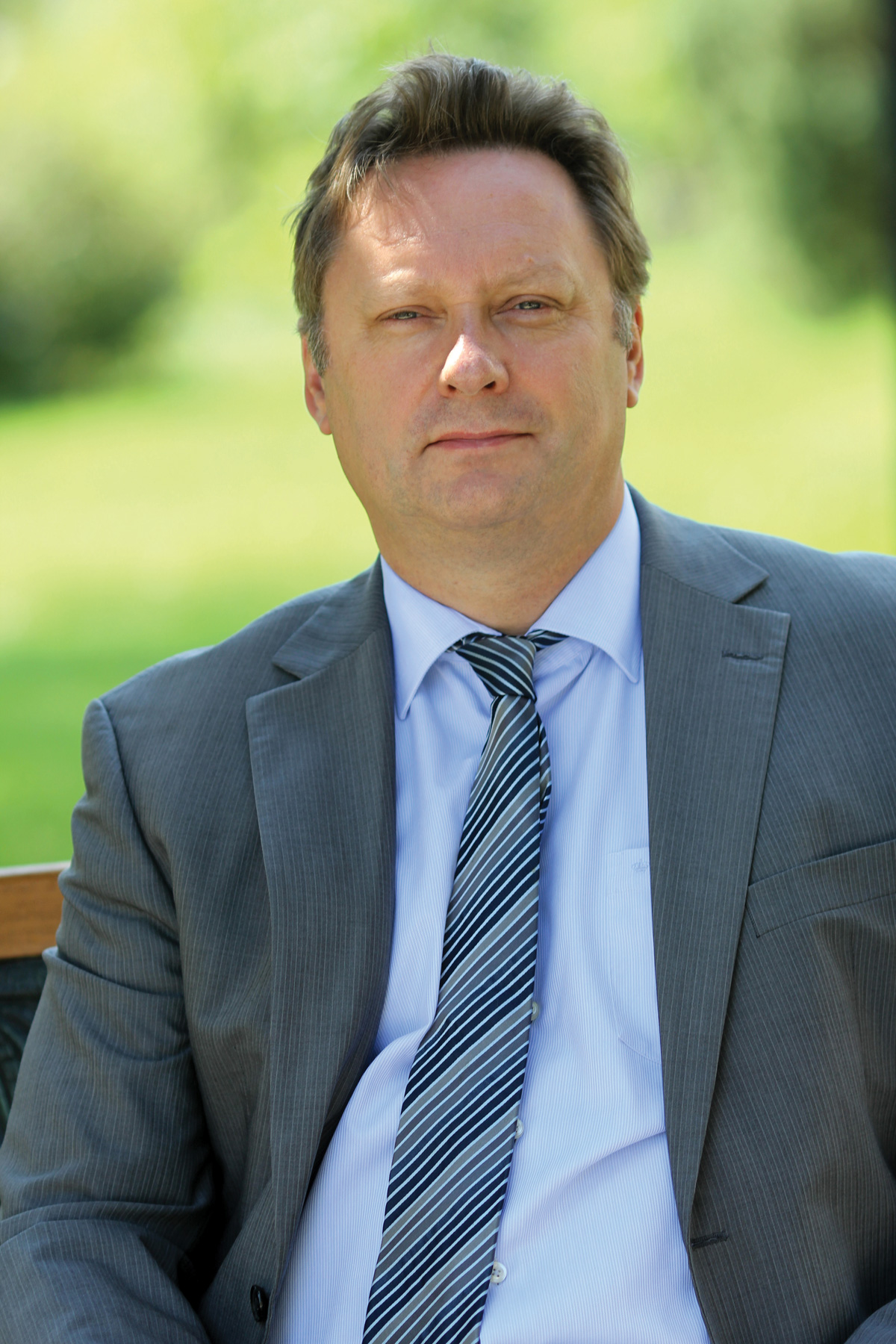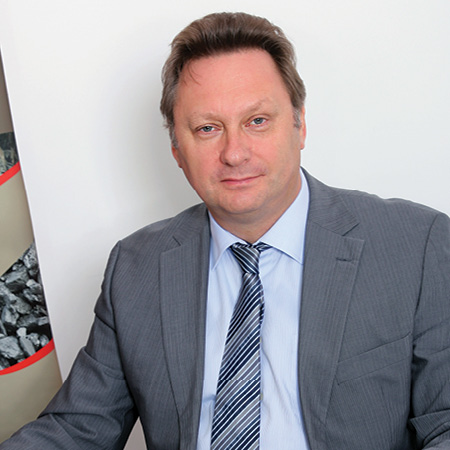Testament to the capability of its home country, nestled at the intersection of Europe and Asia, Georgian Industrial Group (GIG) holds a highly diverse portfolio of operations. This includes acquiring and processing energy and natural resources, the production of building materials, logistics service, real estate development, and more.
GIG Chief Executive Officer, Joerg Matthies, spoke to The CEO Magazine about the company’s plans for continued growth, and why Georgia has grown into a very attractive business and investment destination.
The CEO Magazine: Can you please tell us about your professional background and how you came to be the CEO of Georgian Industrial Group?
Joerg: My background is in economics. I started my career in the 80s working in academic research, and then I went into public service in Brussels at the European Commission in the early 90s. I was there for a few years before discovering that I’m really not a civil servant. So I ended up in private business, where I’ve worked for more than twenty years now. For most of my career I have served in senior executive positions in international firms across industries like utilities, energy, consultancy, engineering, and private equity.
I have worked in dozens of countries, and have always enjoyed taking on new challenges and operating in different cultures. This is not my first CEO role in Georgia either — from 2009 to 2013 I was CEO of Georgian Water and Power, another prominent market player. There, I was in charge of turning around the just-privatised utility group owned entirely by private equity investors. In early 2015 I Joined GIG as CEO with the aim to redefine its strategy and realign it for future growth.
How has GIG expanded over the years, and what are your future plans for growth?
GIG has been expanding quite steadily over the last few years, by acquisition of new businesses, and also through organic growth with the construction of new power generation facilities. We have also observed an accelerated growth in areas such as energy trading in the region. GIG has also now commenced preparation on the ground to develop new plants and facilities for us to reach more than 1,000 MW of installed capacity in around three to four years from now. This would be equal to some 25 per cent in market share for Georgian electricity generation. Currently we have 17-per-cent market share.

GIG has also undergone some internal restructuring, because if you want to make a difference you need to do some hard work to ensure all employees are the best at what they do. We removed any ambiguity around roles so that people could assume full functional responsibilities. We have also been focused on filling any gaps in middle and top management. If you can’t get that structural arrangement right then you are lost as a business.
What makes GIG such a competitive player in the energy sector?
We benefit from our experience in the field and continue to excel at what we do. In particular, we are very good at implementing complex deals on a regional level. To me it’s very simple — we are a competitive player because we do certain things better than others. What matters most is that you have to work with the right team of highly qualified and motivated professionals who are able to spot opportunities, set priorities, focus on results and act fast.
How does the company invest in its employees?
Employing the right staff is vital for any success so we have identified a number of priority areas for HR development. First, we actively support young professionals by providing training and development, improving their qualifications and then promoting them into management positions at an early stage. They learn faster by having to take on responsibility for a more senior role. Second, there is currently a shortage of engineering and technical know-how in Georgia, and the whole region, which we have filled by investing into vocational training facilities but also recruitment of key staff from abroad, among other things. Our first priority is the professionalism of our staff, so we hope to attract new talent from within Georgia and the region, while improving the professional qualifications of our existing staff.
If you want to make a difference you need to do some hard work to ensure all employees are the best at what they do.
Where do you see the future of the energy sector, and what role will GIG play in this?
Here in Georgia, we have observed a trend for more diversification when it comes to sources of energy supply, with the principal aim of making supply more secure. Besides that, we see a trend of regional integration through closing infrastructure gaps, developing trade and transit, and cross-border investments. Our group of companies is an integral part of driving these trends, and we contribute to this development by expanding regional trade and investing into new prospective projects. Renewables such as hydro and wind energy rank very high on our list of priorities — we intend to develop a 50 MW wind farm and to considerably expand our portfolio of hydropower plants within the next two years.

We also intend to focus even more on our core business, which is energy (electricity, coal, gas, renewables) and related principal investment projects including the construction of new facilities, and the acquisition of businesses that fit into our strategy.
In September, we commenced the conversion of an existing unit into a modern coal-fired 300 MW power plant.
How do you work with your key suppliers to achieve success?
We work with them with a long-term perspective. It’s about dependability, trust and of course attractive price–quality ratios. One example of a successful partner is Tractebel Engineering, which we hired for the preparation of our most important power generation development projects; they did a great job. To form a long-term mutually beneficial relationship, it is important that you can rely on your partners in terms of performance, quality, and deadlines.
Why is Georgia an attractive place for business investment?
Georgia is a small European country with a solid track record in reforms and performance. I would encourage investors to look to Georgia as a new investment destination because the climate for doing business here is excellent. Georgia is also a great tourist destination with incredible hospitality, fantastic scenery, ancient history and cultural uniqueness, not to mention the fantastic wines that have been made in the region for 8,000 years, leading it to being named ‘the cradle of winemaking’.

